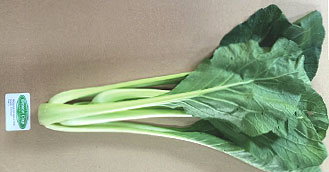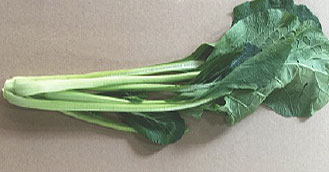
Grows Naturally Healthy
High In Nutrients
Compose Grown Farm
Taste Better
Grows Naturally Healthy
High In Nutrients
Compose Grown Farm
Taste Better
Why Compost ?
Compost contains a full range of vital plant supplements. It additionally helps tie clusters of soil particles, called aggregates, which provides great soil structure. Such soil is brimming with little air channels & pores that hold air, dampness and nutrients.
The benefits compost offers
- Compost contain macro and micronutrients often absent in synthetic fertilizers.
- Compost releases nutrients slowly—over months or years, unlike synthetic fertilizers.
- Compost enriched soil retains fertilizers better. Less fertilizer runs off to pollute waterways.
- Compost buffers the soil, neutralizing both acid & alkaline soils, bringing pH levels to the optimum range for nutrient availability to plants.
- Compost helps sandy soil retain water and nutrients.
- Compost loosens tightly bound particles in clay or silt soil so roots can spread, water drain & air penetrate.
- Compost alters soil structure, making it less likely to erode, and prevents soil spattering on plants spreading disease.
- Compost can hold nutrients tight enough to prevent them from washing out, but loosely enough so plants can take them up as needed.
- Compost makes any soil easier to work.
Compost Grown |
| Improves soil’s structure Adding compost has immediate and long term positive effects on the soil’s structure for better growth. |
| A nutrient boost for vegetables At the point when natural material is separated in a compost heap, the decay procedure delivers the best compost you’ll ever find. |
| Uses less water Fertile soil likewise has far more prominent dampness maintenance, promoting the utilization of less water. |
| Ward off plant diseases Research done by the University of Illinois extension reveals to us that soil treated with compost has a tendency to deliver plants with less pest problems. |
 |
Compost Without Grown |
| Enhances soil with chemical fertilize Chemical fertilizers can build up in the soil, causing long-term imbalances in soil pH and fertility. |
| Repeated application Results in a toxic buildup of chemicals such as arsenic, cadmium, and uranium in the soil. These toxic chemicals can eventually make their way into fruits and vegetables. |
| Low amount of Nitrogen , Phosphorus, potassium and micronutrients The soil’s pH level changes and upsets the beneficial microbial ecosystems, increasing pests, and even contribute to the release of greenhouse gases. |
 |
The 5 Colours of Vegetables Are a Vital Part of a Healthy Diet.
Explore five colours of vegetables and their primary benefits that will help boost your health.




